Border classroom
Ia Rve commune ( Dak Lak province) has a 11.7 km long border with Cambodia. The commune has an area of 217 km2, including 12 villages, with 2,043 households, and 21 ethnic groups living together.
The life of Ia Rve people mainly depends on agriculture ; the educational level is uneven as many people cannot read or write.
Understanding this situation, over the years, officers and soldiers of Ia Rve Border Guard Station have organized many literacy classes for local ethnic minorities.
Classes are held on weekday evenings, when people have rested and have free time after a day of work. Classes are taught directly by border guards in collaboration with teachers from Chu Van An Primary and Secondary School.
Each course and class is organized with dozens of students, mostly women and the elderly.
Ms. Lu Thi Sang (65 years old) said that in the past, due to difficult family circumstances, she could not go to school. Now, seeing the border guards and teachers coming to her house to encourage her to join the class, she happily registered right away.
She said her motivation to go to school was to set an example for her children and grandchildren about the spirit of learning at any age, and most importantly, knowing how to read and write.
Despite her age, Ms. Sang is one of the most active students in the class. Now, after nearly 5 months of studying, she can read, write and perform addition and subtraction fluently.
"Every time I go to the doctor, I can read my health status myself when the doctor writes it down in the medical record book, instead of having to ask someone to read it for me," Ms. Sang said, her voice filled with joy because she now knows how to read.
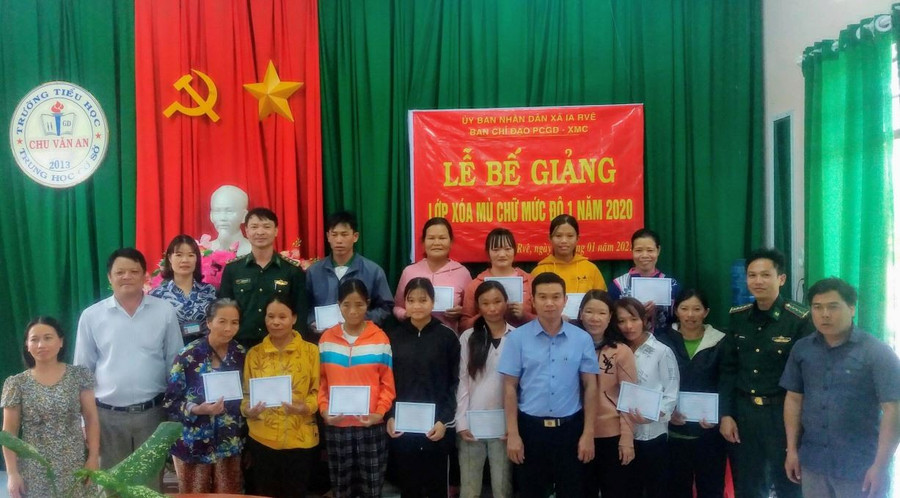
For Mr. Ha Cong Thuc (residing in village 13), attending the class helped him be more successful in his business. Mr. Thuc’s family is an agricultural family, mainly raising livestock and growing crops.
Previously, because he was illiterate, whenever his pets got sick, Mr. Thuc could only go to the pharmacy to buy medicine and mix it based on his feelings because he could not read the instructions. With some new medicines, he had to ask relatives to read the instructions and follow them, but he could not evaluate the effectiveness.
Mr. Thuc just left the livestock and farming instruction books provided by the Commune Farmers’ Association there. Since joining the literacy class organized by the border guards, he feels like he has become “enlightened”.
Now, he actively reads books, newspapers, and documents about animal husbandry; knows how to prevent diseases from afar for animals and plants; can read instructions for using pesticides; and calculating labor costs is also easier than before.
Thanks to the correct application of techniques and processes for caring for crops and livestock, his family’s economic model is increasingly effective. Every year, after deducting expenses, Mr. Thuc’s family still accumulates more than 50 million VND.
Persistently sowing knowledge
Starting in 2012, three evenings a week, Major Hoang Van Tho and the officers of Ia Rve Border Guard Station attended literacy classes. At first, it was not easy to persuade people to attend classes, because most of them were hesitant and felt self-conscious because of their age.
On the other hand, during the day people have to plow the fields, and when they come home at night they are tired, so they want to rest more than go to class. Many days, teachers do not wait in class but have to go to each student's house to persuade them. Sometimes, students at home... drink alcohol, do not want to go to class, so the staff have to come and persuade them, tactfully encourage them to put down their alcohol and come to class.
"The class has a mix of young and old, male and female, and different ethnicities; their cognitive levels and learning abilities are not equal. The border guards teaching the class have not received any pedagogical training, so initially, imparting knowledge is quite difficult. Therefore, we set the motto of being patient and persistent, working with the students to get acquainted and grasp each lesson," Major Hoang Van Tho shared.
He also believes that attending classes is not only about imparting knowledge, but also a form of propaganda about the Party and State's guidelines and policies to the people.
Literacy classes are getting more motivation, especially for ethnic minority students, when the Ia Rve Primary and Secondary Boarding School project is about to upgrade and expand the facilities of Nguyen Thi Dinh Secondary School, with a total investment of 126.7 billion VND.
The school is expected to have 1,125 students, including both boarding and day students. This project is expected to contribute to improving the quality of education and taking care of the lives of ethnic minority children in the border areas of Dak Lak province.
Source: https://giaoducthoidai.vn/lop-hoc-nho-doi-thay-lon-o-xa-ia-rve-vung-bien-post755879.html








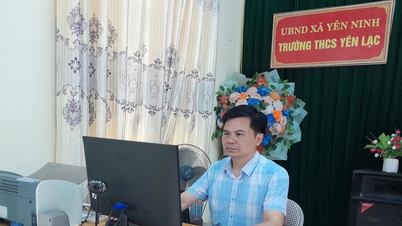
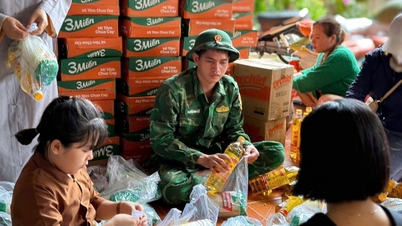

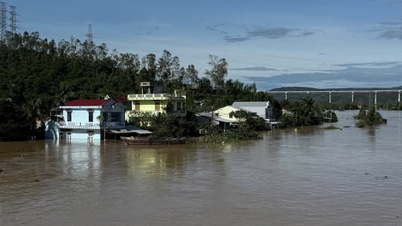



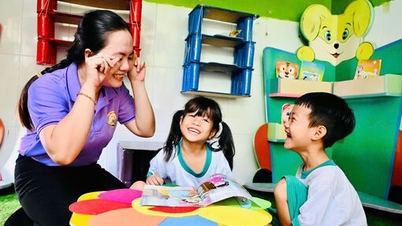

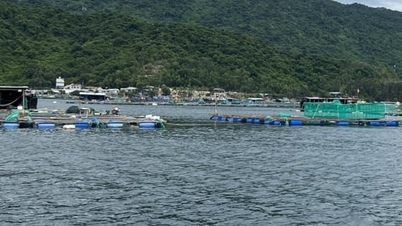


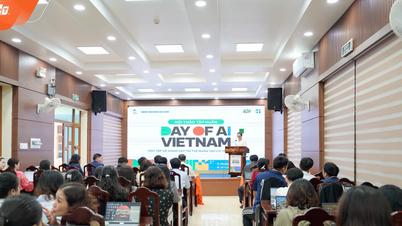

















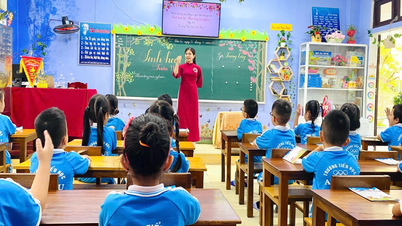



















































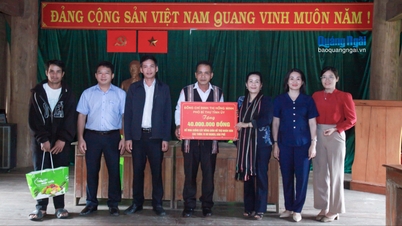




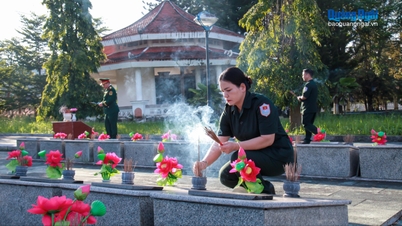




![Dong Nai OCOP transition: [Article 3] Linking tourism with OCOP product consumption](https://vphoto.vietnam.vn/thumb/402x226/vietnam/resource/IMAGE/2025/11/10/1762739199309_1324-2740-7_n-162543_981.jpeg)










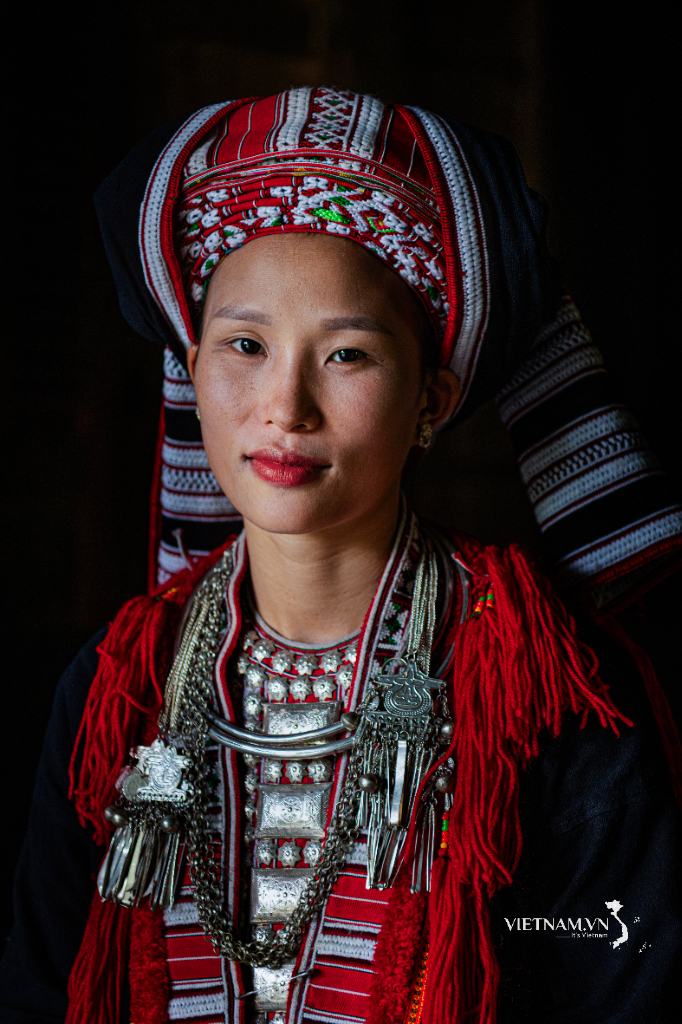
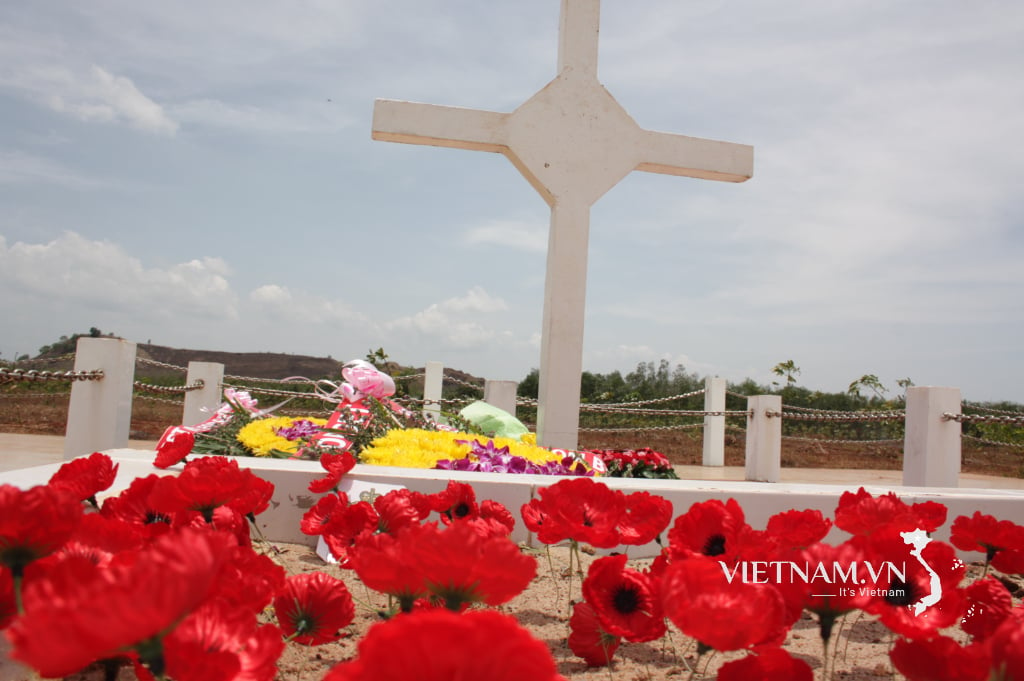
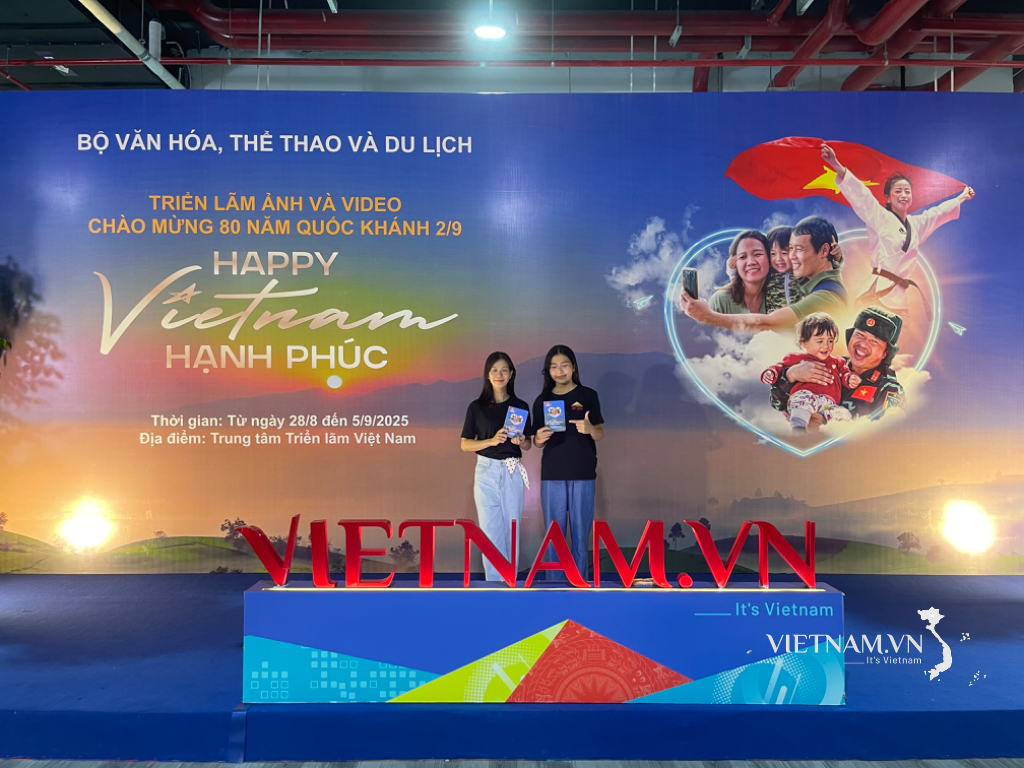
Comment (0)